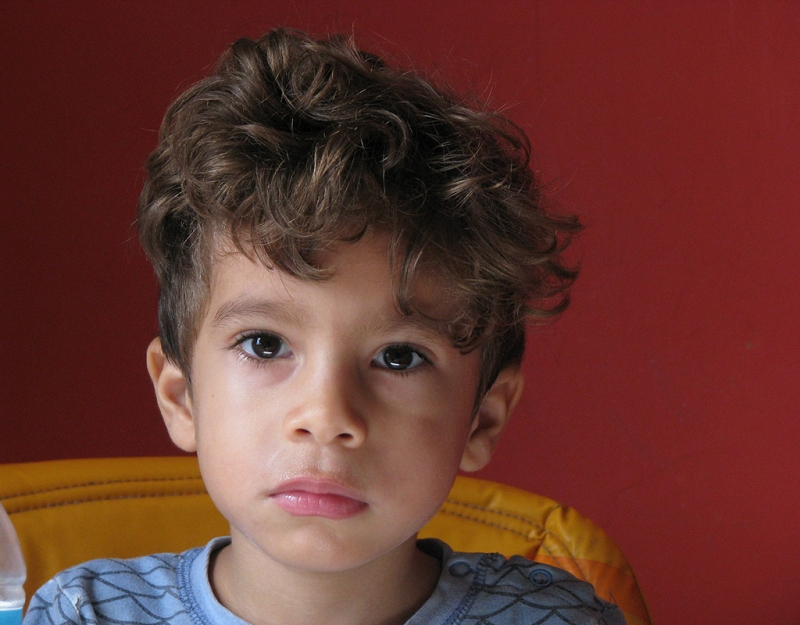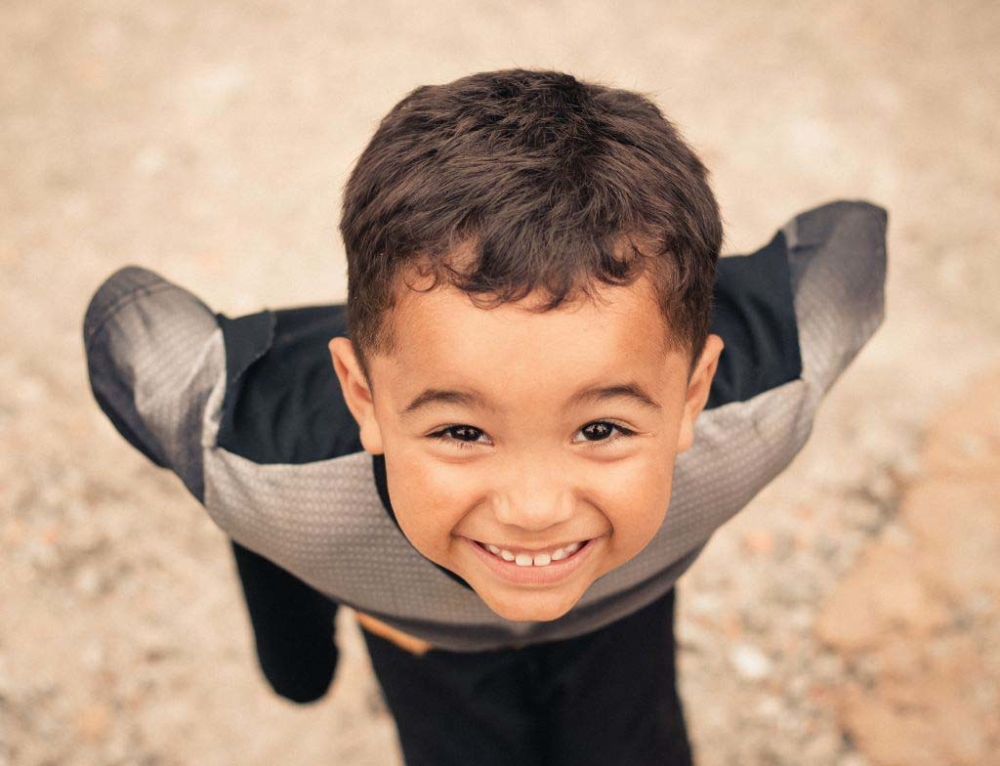Many of us have been bullied at some time, or at least witnessed our friends or other kids being bullied.
Even now, with all the publicity about bullying and the zero tolerance attitude of schools, many children who are bullied suffer in silence – in fact some research suggests that 20% of targeted children say nothing. Maybe they are too ashamed, or more likely feel too threatened by the bullies to tell anyone.
How to spot bullying
Parents and teachers need to know how to spot whether bullying may be occurring. Children often find it hard to communicate what’s going on if they’re being bullied. Here’s how to spot the signs that your child may be a bullying victim:
- Physical injuries like unexplained bruises and scratches.
- A general unhappiness.
- Reluctance to go to school (often accompanied by vague excuses to stay home).
- A decline in academic performance.
- Moodiness, withdrawal, tension and tears after school.
- Talk of hating school and having no friends.
- Torn clothing.
- Refusal to discuss what’s happening at school.
- Bed wetting, altered sleep patterns or having nightmares.
- Changes in eating habits (such as loss of appetite or overeating).
- Major changes in relationships and friendships with others.
- Having no friends to share time with
- Getting into trouble more often, and acting out.
Obviously these signs can also point to many other issues. So how do you find out if bullying is the reason for your child’s changes in behaviour? You need to talk to your child and try to encourage them to open up about what’s happening.
This article was written by Fiona Baker, former editor in chief of Mother & Baby, Pregnancy & Birth and Wondertime magazines, for Kidspot, New Zealand’s leading parenting and pregnancy resource. Sources include Bullying No Way , National Centre Against Bullying, Raising Children Network, Bullying Hurts brochure.
Read more:







Leave A Comment
You must be logged in to post a comment.